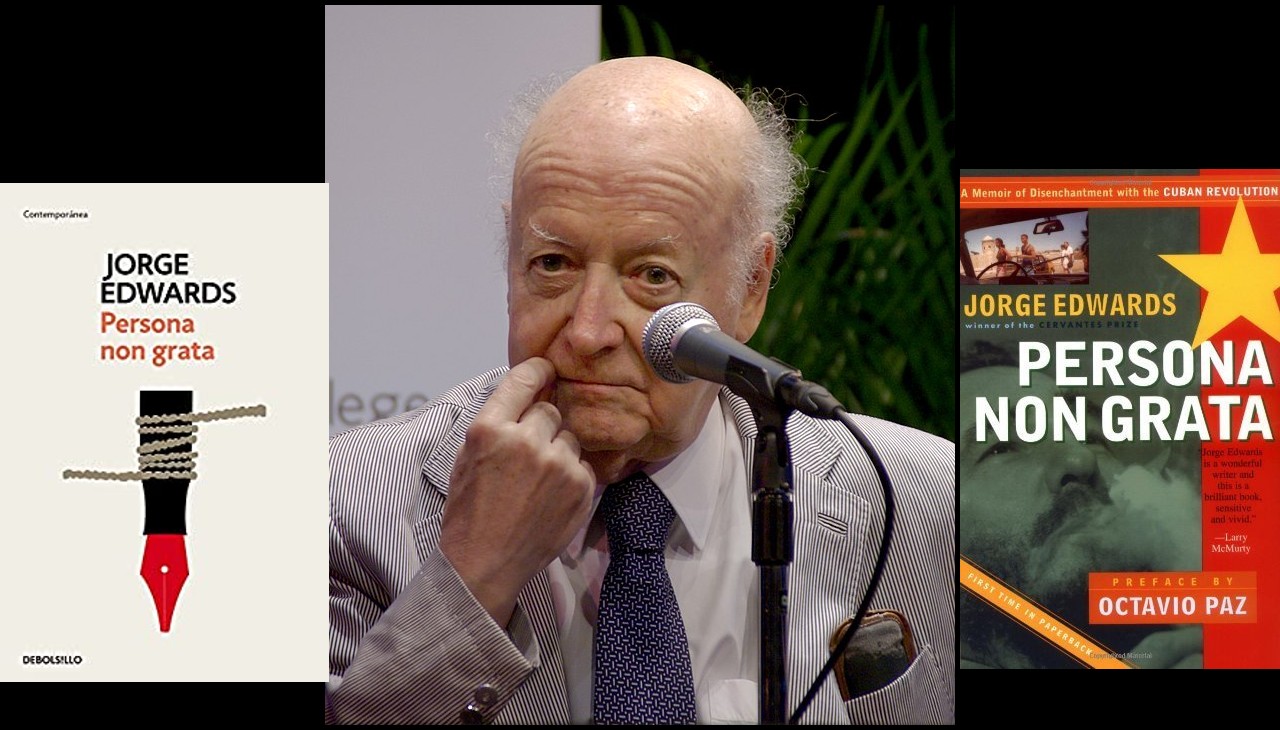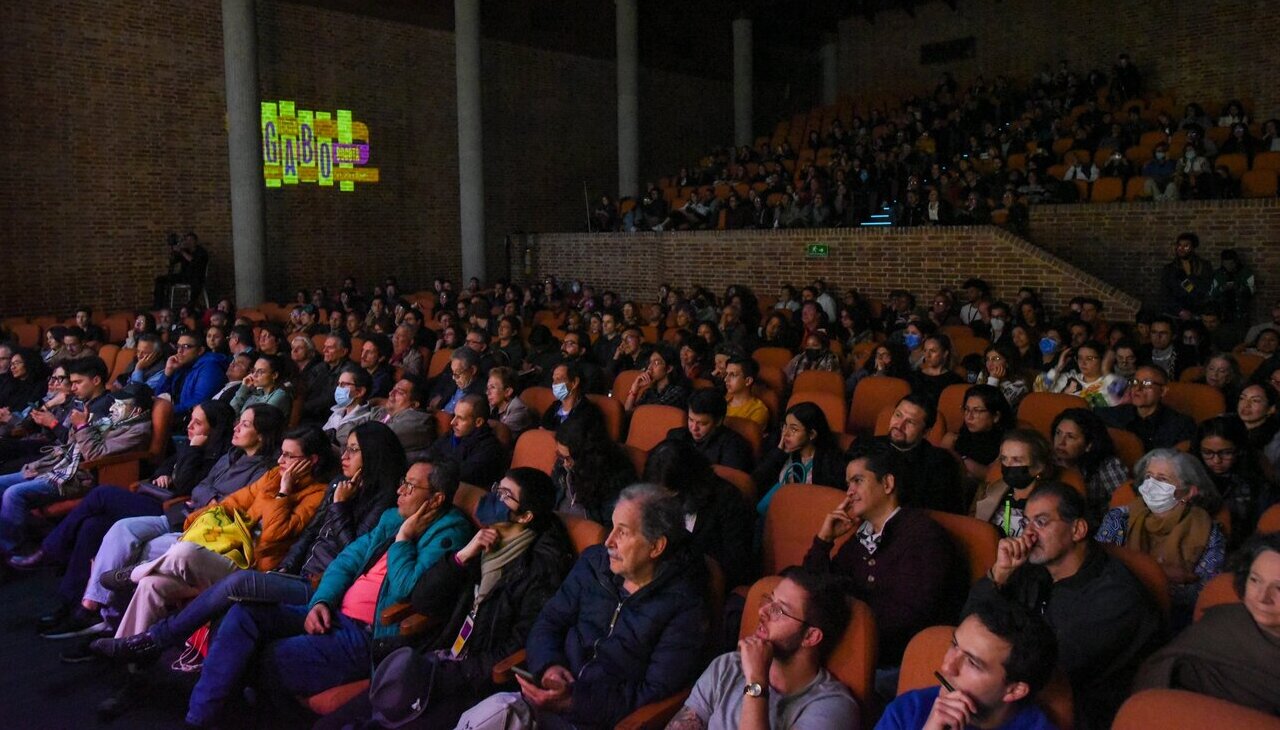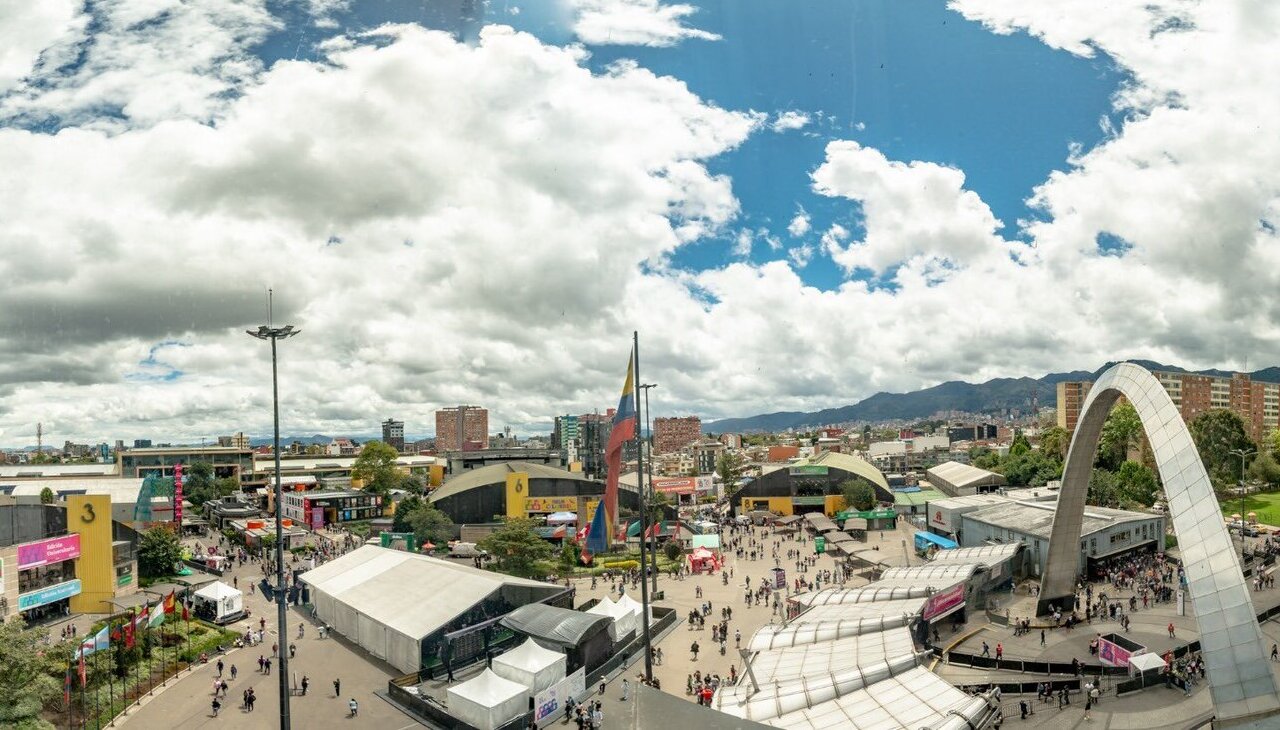
Who was Jorge Edwards?
Recognized as one of the most important voices of Chilean literature in the 20th century, Edwards died in Madrid, Spain, at the age of 91.
On March 17, Jorge Edwards Valdés, one of the leading literary voices of Chile and the Spanish-speaking world in the last century, passed away in Madrid, Spain.
Writer, literary critic, journalist and diplomat, Edwards studied law in his country and then a postgraduate degree in political science at Princeton University in the United States. In 1962, he was appointed secretary of the Chilean Embassy in Paris, his first important diplomatic post. It was during his time in Paris that the renowned writer, winner of the 1994 Chilean National Literature Prize and the 1999 Cervantes Prize, became friends with Mario Vargas Llosa, Gabriel García Márquez and Julio Cortázar, which ended up associating his name with the so-called Latin American Boom.
In 1971, he arrived in Havana with the important mission of resuming diplomatic relations between Cuba and Chile, where Salvador Allende had just taken office. He had to leave after three months, practically expelled by the Castro regime. The experience was recorded in Persona Non Grata, his most successful book (available in English) and the one that has caused him the most headaches, from physical threats to accusations such as that of Ariel Dorfman, who labeled him a "CIA agent."
Upon his return from Cuba, Edwards was again sent as embassy secretary to Paris, where he befriended the poet Pablo Neruda. However, after the coup d'état of Augusto Pinochet, he went into exile in Barcelona, where he worked at the Seix Barral publishing house, devoting himself exclusively to writing and journalism.
Edwards returned in 1978 to Santiago, where he was one of the founders and later president of the Committee for the Defense of Freedom of Expression.
RELATED CONTENT
Between 1994 and 1997, he was ambassador to UNESCO in Paris, a city to which he would later return as ambassador for the government of Sebastián Piñera in 2010.
One of his latest published books is Los esclavos de la consigna, an autobiographical account both ironic and endearing of his life in the mid-20th century, showing a Chile, with the perspective of the years, more free, more creative and community-centered than today. But it's also more candid, full of illusory convictions, slaves of the slogan.
Edwards narrates the time in which he was formed and consolidated as a writer and as a member of a cultural scene that included, among others, Neruda, Nicanor Parra, Enrique Lihn, Luis Oyarzún, Stella Díaz Varín, Alejandro Jodorowsky and José Donoso.
In 1990, he published Adiós, poeta (Farewell, poet), in which he recounts the close friendship between him and Neruda. Pages in which everyday life is mixed with intellectual thought, and the biographical anecdote intersects with the foundations of the literary work.
Among his best known novels is El inútil de la familia (2004), a family story inspired by a close relative of the author that nobody named, a ghost, a marginal, a cursed of his time, Joaquín Edwards Bello, his uncle. Joaquín had won the National Prize for Literature in 1943, but his eventful, adventurous life as an inveterate gambler, his nonconformism, his open and in those years, scandalous social rebelliousness, had already made him a living legend.
The nephew followed with fascination, passion, and amazement, the story of his father's first cousin and great-grandson of Andrés Bello, the great founder of the republican institutions. Joaquín, Uncle Joaquín, had known the palaces of America and Europe, but soon descended to the depths of the night — to the backstreets and seedy taverns, the brothels and speakeasies. He lived an eventful life between Madrid, Paris, Valparaiso and Santiago. El inútil de la familia is a fiction that always starts from memory, public or private, and takes readers on a journey without concessions, with incessant humor, from the end of the 19th century modernist period to these first and devilish years of the 21st.











LEAVE A COMMENT:
Join the discussion! Leave a comment.